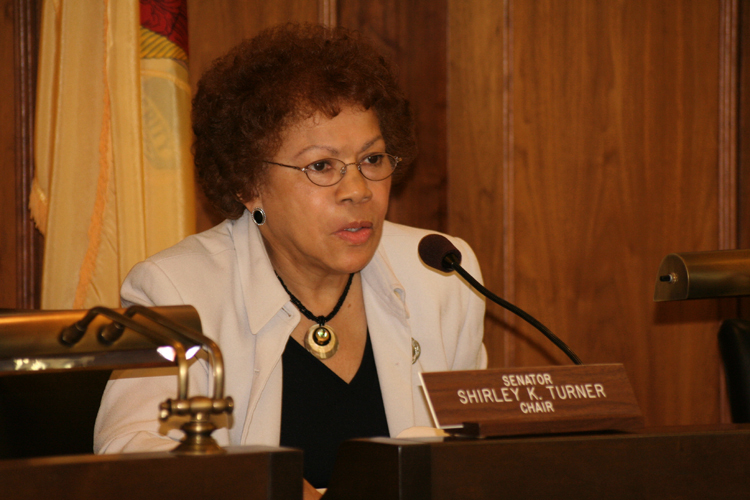
TRENTON – Legislation sponsored by Senator Shirley K. Turner and Nicholas Scutari that clarifies when child support payments may end was approved by the Senate today.
New Jersey has no statutorily-defined age when child support orders end, often leaving it up to parents to petition the court to have the payments stopped. If no motion is filed, the child support order continues indefinitely unless the custodial parent agrees or a case worker issues a child status letter to both parents, which may trigger a court hearing.
The bill, S1046, would allow for the end of child support payments once the child reaches the age of 19 or if they marry, die or enter military service before the age of 19. The payments could be extended by court order or if both parents agree. The courts could extend child support payments under a number of special circumstances, including if the child has a mental or physical disability or if the child is attending a college or university.
“Clear guidelines should be given when considering ending child support payments. This bill clarifies this process while reducing the amount of time and money needed to make this decision by the courts,” said Senator Turner (D-Mercer, Hunterdon). “The measure also preserves protections for children in specific circumstances to allow for extension of payments when it’s warranted.”
The Senators noted that unclogging the court docket could mean an influx of additional federal dollars for our courts because of federal incentives that reward the timely disposition of cases.
“Currently, our family court system is overburdened with a child support process that needs improvement,” said Senator Scutari (D-Middlesex, Somerset, and Union, chairman of the Senate Judiciary Committee. “This bill provides the court some relief by reducing the caseload while also protecting the safety and welfare of children.”
This legislation stems from a recommendation from the State Auditor’s report on the Child Support Program in the Department of Human Services’ Division of Family Development. Most other states set an automatic age of emancipation at age 18 or 19, with some providing exceptions to that automatic emancipation similar to the ones included in this bill.
The bill was approved by a vote of 31-2. It now heads to the Assembly for consideration.



